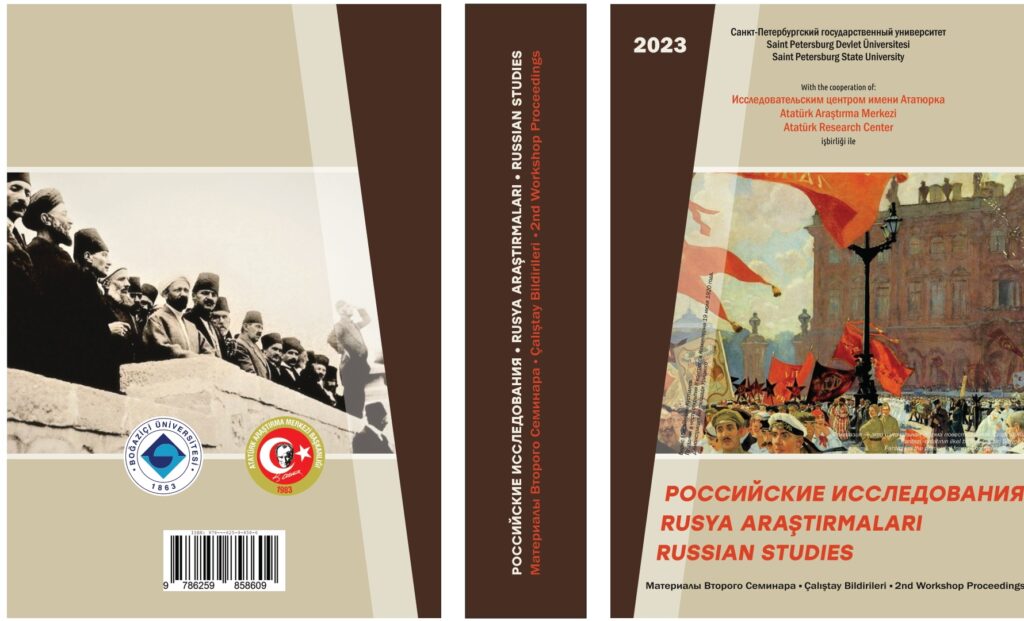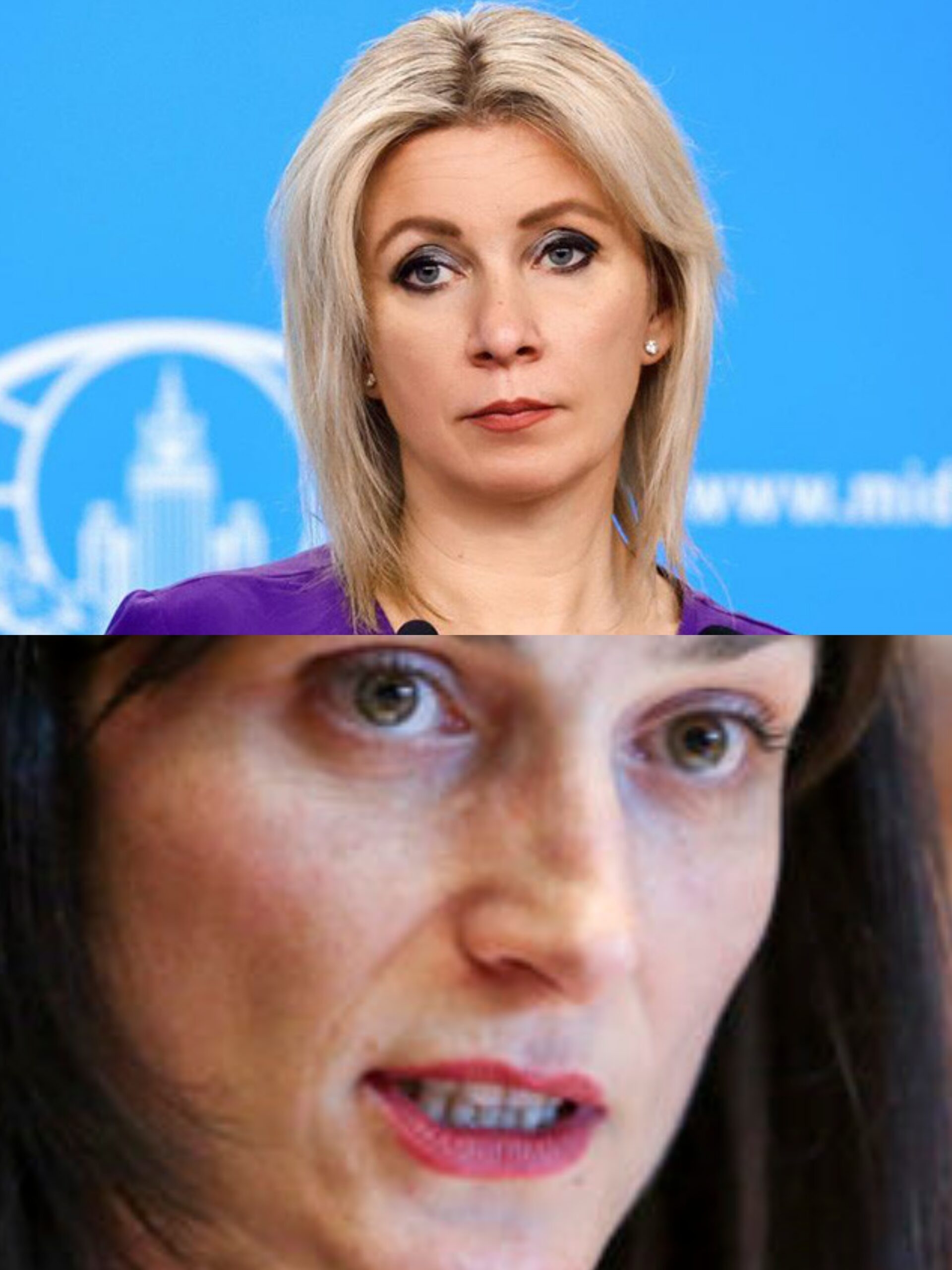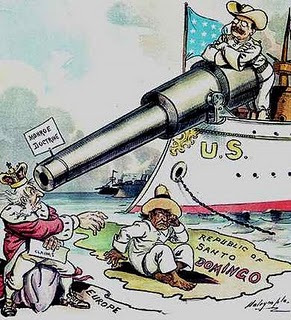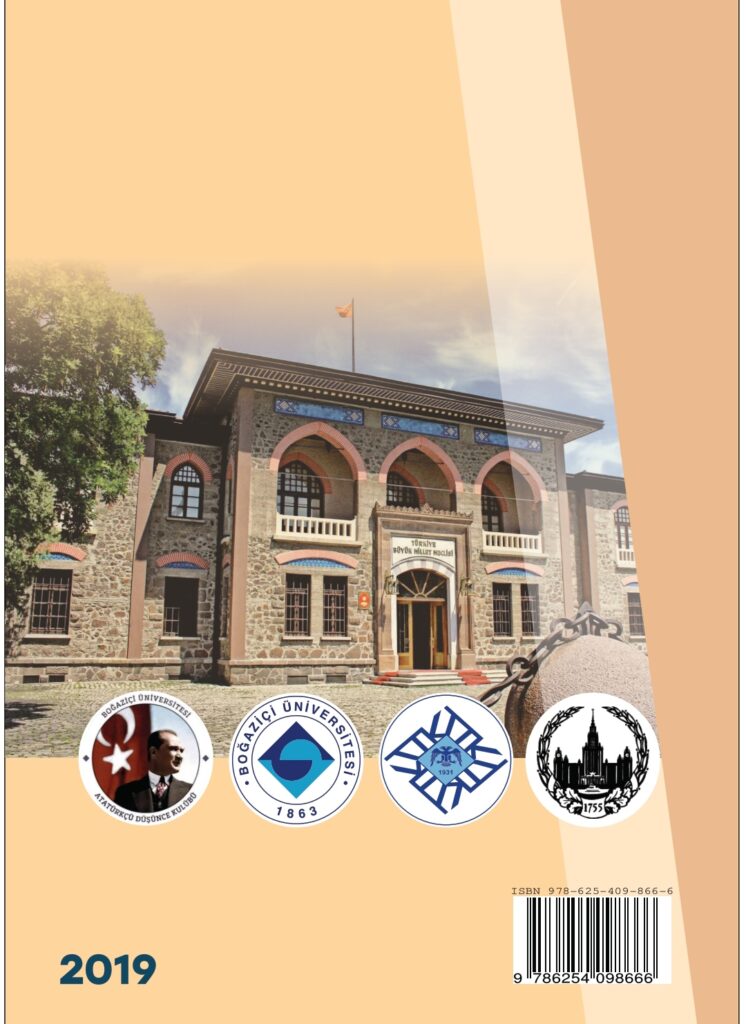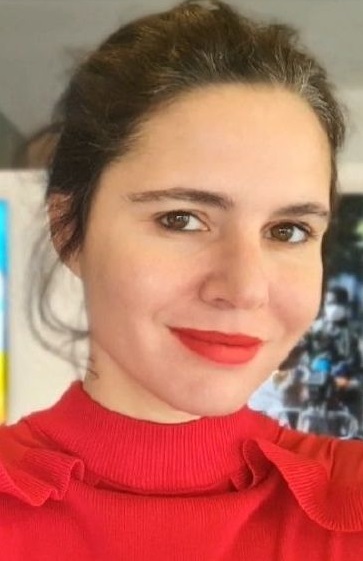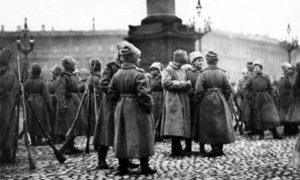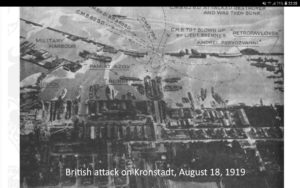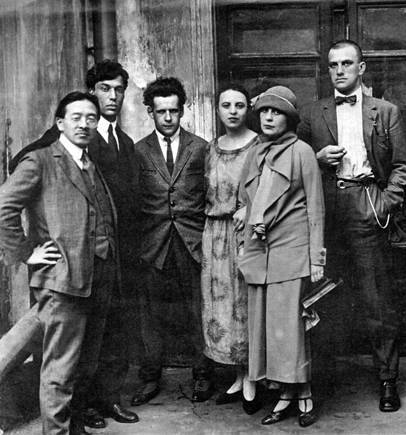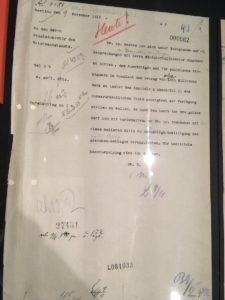
1894’ten bir “travesti” figürü
Yukarıdaki karikatür 1894 tarihli bir Amerikan mizah dergisi, Judge dergisi kapağından alınmıştır. Derginin işlediği tema, “emperyalizm”dir. Ve emperyalizm sözcüğünde hapsolmuş tüm nosyonları keskin bir şekilde yansıtır. Fanon’un eserini yalayıp yutmak için bir haptır. Bu karikatürün bize gösterdikleri bugün bile o kadar basit ve gerçektir ki, sahte “solcu” özgürlük fantezilerini deler geçer. . geçerken de ya öfkeyi kışkırtır ya da (biraz daha akıllı olanları için) görmezden gelinerek (karikatürün de) ikinci bir karikatürleştirmeyle bayağılaştırılır. Bu manevrayla, sıklıkla “ırkçı” bir karikatür olarak suçlanır.
Continue reading “Üçüncü Rusya Araştırmaları Sempozyumu: Emperyalizmin Kıskacında İmparatorluklar“


